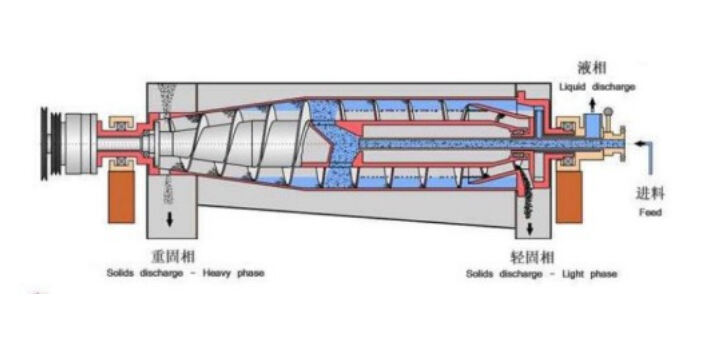sludge dewatering
Sludge dewatering is a critical process in wastewater treatment that effectively reduces the water content in sewage sludge, transforming it from a liquid state to a more manageable solid form. This essential process employs various mechanical and physical methods to separate water from solid particles, significantly decreasing the overall volume of waste material. Modern sludge dewatering systems utilize advanced technologies such as belt filter presses, centrifuges, and screw presses to achieve optimal results. These systems are designed to handle different types of sludge, including municipal wastewater, industrial waste, and agricultural byproducts. The process begins with proper conditioning of the sludge, often involving the addition of polymers to enhance separation efficiency. The dewatered sludge typically achieves a dry solids content of 15-30%, depending on the technology used and the specific characteristics of the input material. This technology plays a vital role in environmental protection by reducing waste volume, transportation costs, and disposal expenses while meeting strict regulatory requirements for waste management. The versatility of sludge dewatering systems makes them indispensable in various industries, from municipal water treatment facilities to food processing plants and paper mills.

